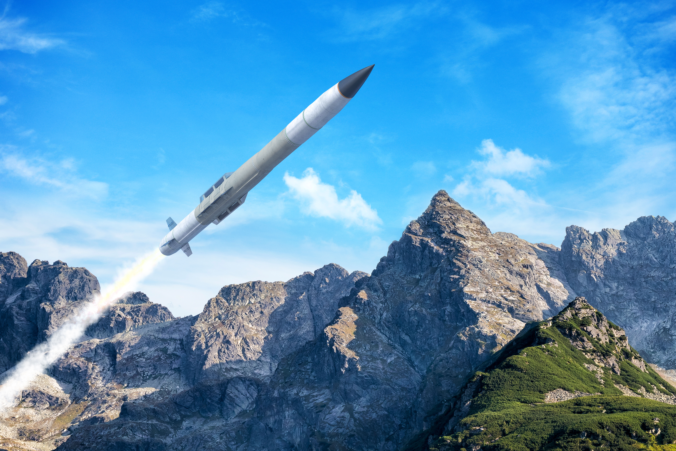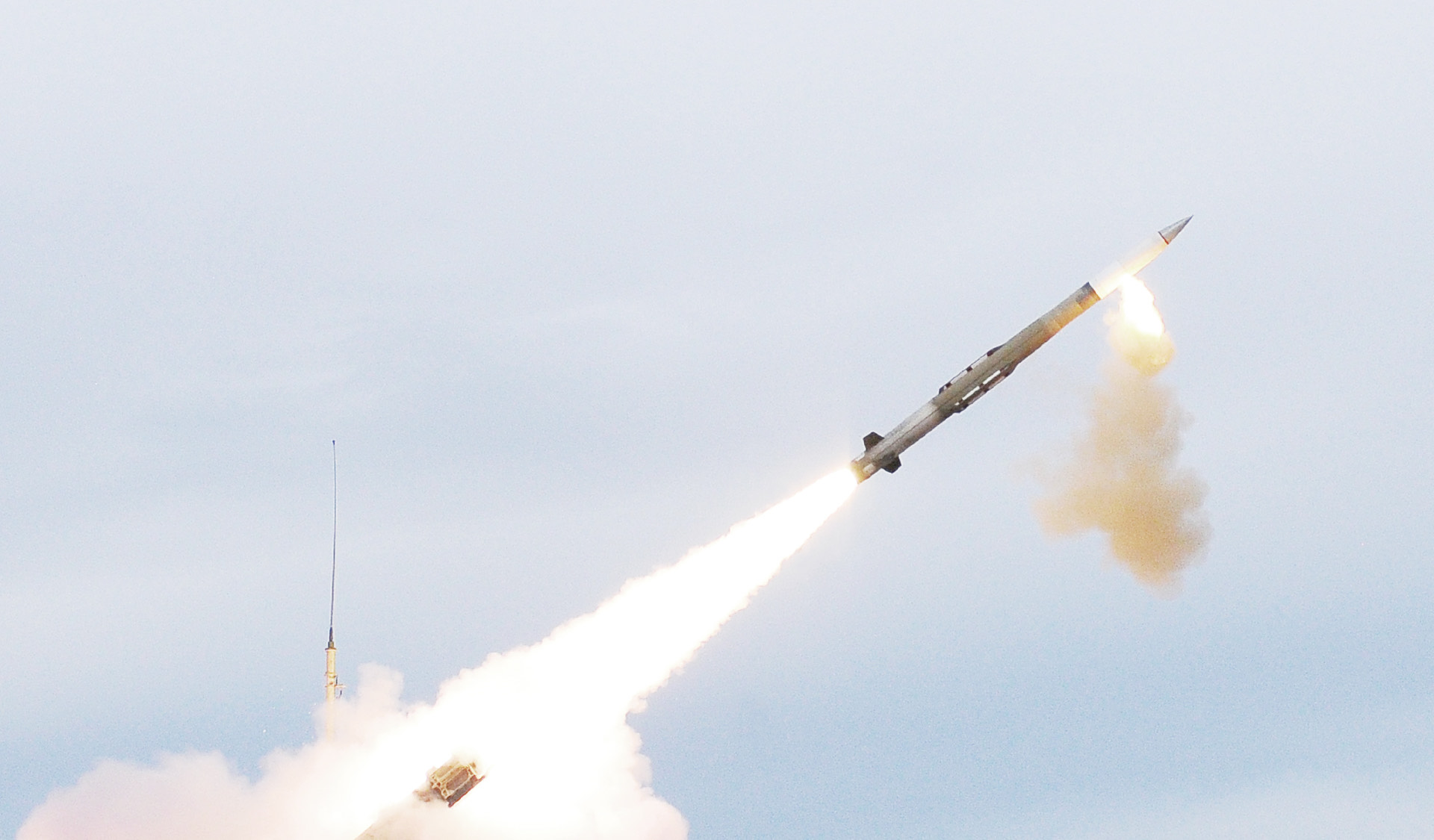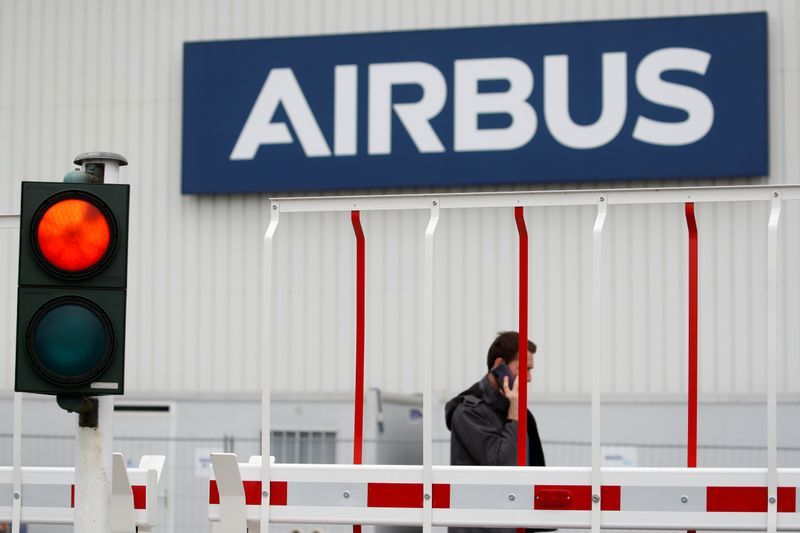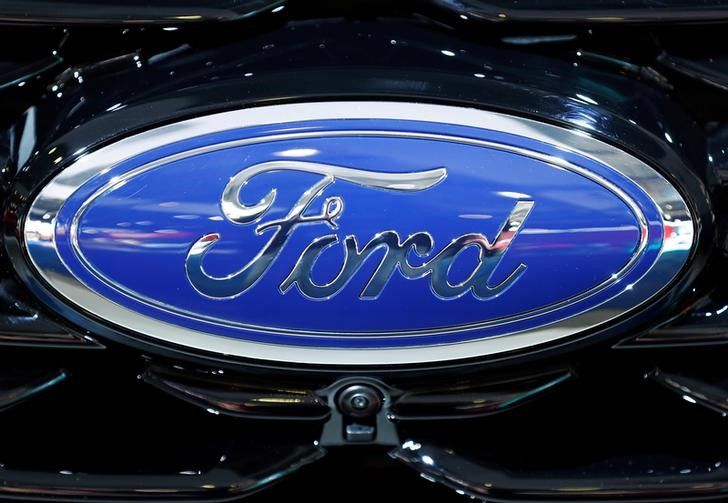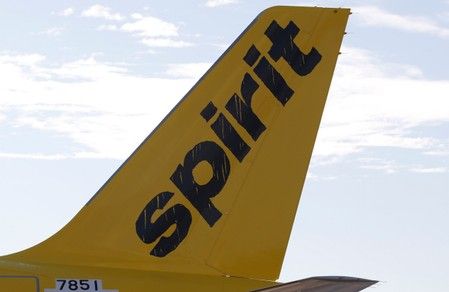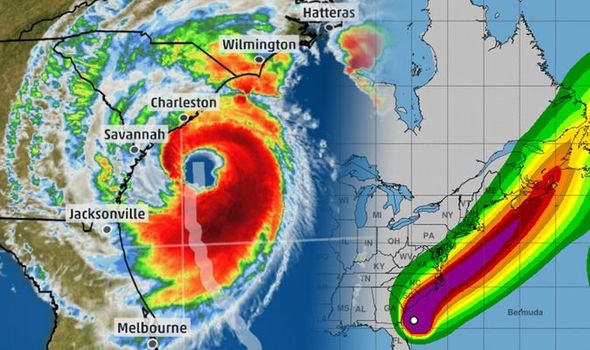Bern, Switzerland, Oct. 31, 2023 – United States and Switzerland officials formalized an agreement for Switzerland to purchase Lockheed Martin’s (NYSE: LMT) Patriot Advanced Capability-3 (PAC-3) Missile Segment Enhancement (MSE) missiles and related support equipment. With this agreement, Switzerland becomes PAC-3’s 15th partner nation.
PAC-3 MSE will bolster Switzerland’s Patriot ground-based air defense system as a part of the Switzerland Air Force’s Air2030 program.
Lockheed Martin and armasuisse also finalized the Offset Agreement supporting the PAC-3 MSE program. This agreement is the catalyst for multiple new projects that will support Switzerland’s security-relevant technology and industry base (STIB).
The PAC-3 MSE expands the battlespace with a dual-pulse solid rocket motor, providing increased performance in altitude and range. PAC-3 MSE is a high-velocity interceptor that defends against incoming threats, including tactical ballistic missiles, cruise missiles, advanced threats and aircraft. The PAC-3 MSE missile uses Hit-to-Kill technology, intercepting threats through kinetic energy via body-to-body contact.
Forward-Looking Statements
This press release contains forward-looking statements within the meaning of the Private Securities Litigation Reform Act of 1995, including expected delivery dates. Such statements are based on current expectations and projections about our future results, prospects and opportunities and are not guarantees of future performance. Such statements will not be updated unless required by law. Actual results and performance may differ materially from those expressed or forecasted in forward-looking statements due to a number of factors, including those discussed in our filings with the Securities and Exchange Commission.
